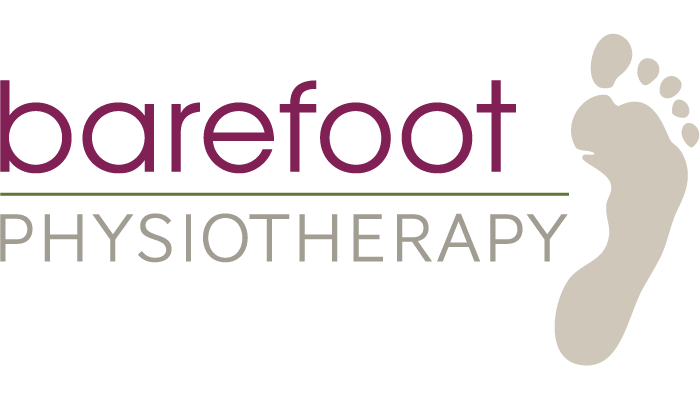In this post we will focus on knee injuries, and what treatment may be required to get back to living your barefoot lifestyle!
Common knee injuries can occur through daily movements and activities, whether it be a car ride, sport or landing differently on your knee. Three common knee injuries we will look at are ACL, PCL and Meniscus tear which cause discomfort and potential long term effects if not treated properly.
Common Injuries
Meniscus tear: Damage to the meniscus, can be caused by awkward pivoting on the knee, direct blow to the knee or in some cases repeated squatting with poor technique. Symptoms include pain in certain ranges of movement, a feeling of something ‘catching’ or ‘locking’ in the knee
Medial collateral or lateral collateral ligament tear: Damage to these ligaments typically occur from changing direction. This can be when the foot stays planted or a direct blow to the inside (LCL) or outside (MCL) of the knee. Symptoms include localised pain, swelling and feeling of instability.
ACL tear: Depending on the severity of the injury, the ACL could be strained, partially torn or completely ruptured. Damage to the ACL is often caused by pivoting/change of direction when the foot remains planted (most common). Damage can also be caused by hyperextension (eg knee being pushed past straight) which can occur when the foot remains planted, and the body pushed sideways (eg in a contact sport).
Symptoms include an audible popping noise at time of injury, significant pain and swelling immediately or a feeling of instability. Due to the mechanisms of injury, it is not uncommon for an ACL tear to occur with meniscus damage and medical collateral ligament damage (known as the “unhappy triad”).
PCL tear: PCL tears are much less common than ACL ruptures, as they are stronger and larger ligaments. A PCL tear can occur from direct force to the shin, while the knee is flexed (such as knee hitting the dashboard in a car accident). This is the most common cause of PCL injury. Another common PCL tear can occur from falling onto a bent a knee, with hyper extension causing damage to the PCL.
Symptoms are often similar but far less severe than an ACL tear.
Treatment
If you have suffered an acute knee injury, or are feeling pain and discomfort in your knee/s then the following can help to reduce pain and inflamation,
Settle inflammation down:
Relative rest (don’t do anything painful, but don’t do nothing- aim to gently keep your knee moving); ice for 20 minutes every few hours; no alcohol; discuss anti-inflammatory medication options with your doctor or pharmacist
- Consult your doctor or physio to determine if imaging is necessary. There are clinical tests that can help determine if any of these structures are damaged. Your physio or doctor should talk you through each test and your results. If there is any concern, an MRI (magnetic resonance image) will often be recommended for more certainty
- If damage is detected on imaging, then your doctor will likely refer you to an orthopaedic surgeon (specialist doctor) to determine the best management for your injury (ie surgery or physio)
Whether your injury requires surgery or not, we suggest popping in to see one of our physio’s to get you back to doing what you love, sooner!
For bookings, to learn more for for further information click here!






